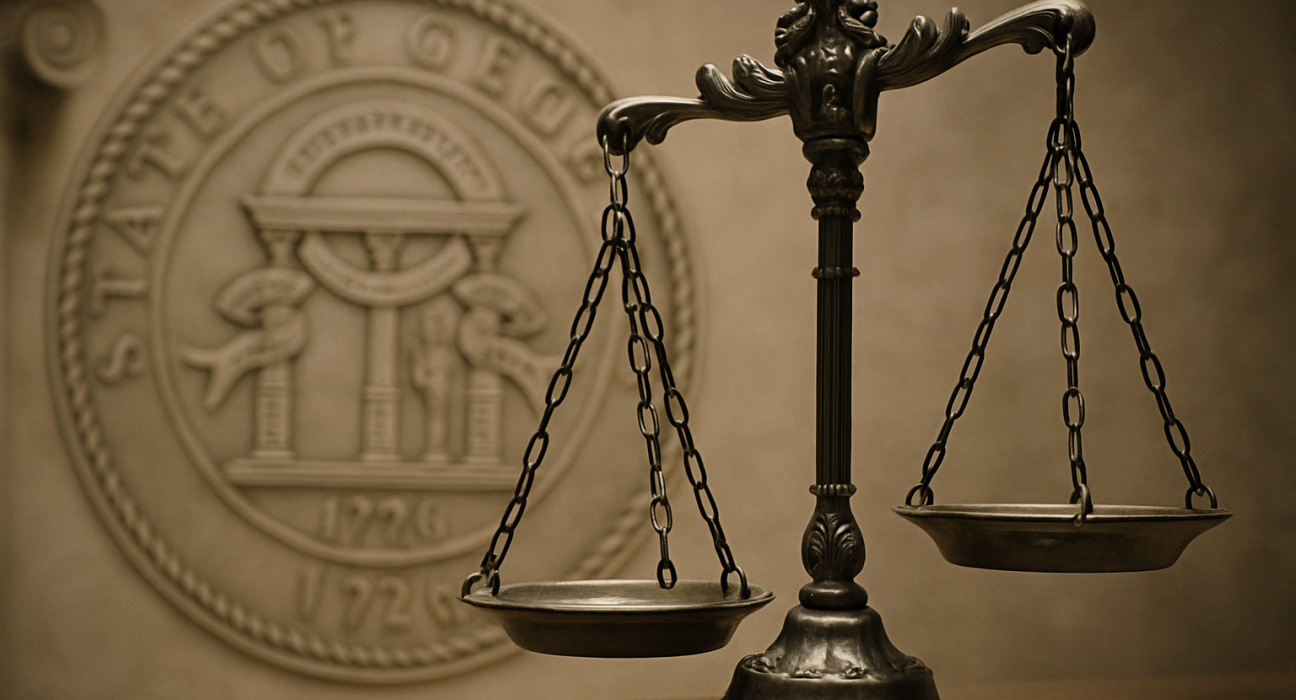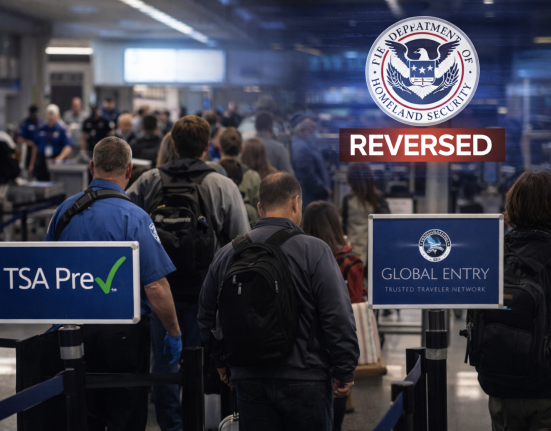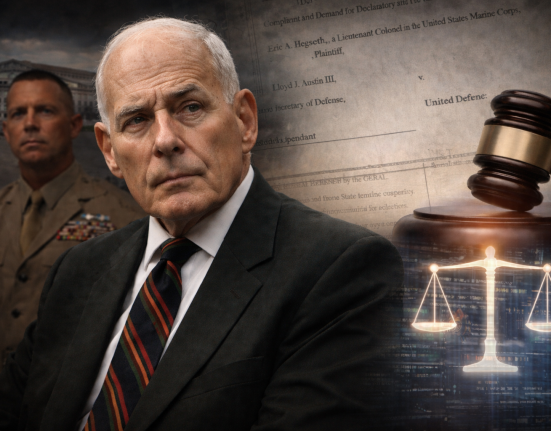The dismissal of the Georgia 2020 election interference case marks the end of the last remaining criminal prosecution of Donald Trump related to his efforts to overturn the presidential election. It is a legal and political moment with major implications — not only for Trump, but for state-level prosecutorial authority, the limits of election-related accountability, and the role of law enforcement in high-profile political cases.
What Happened and Why the Case Was Dismissed
U.S. District Judge Scott McAfee granted a request from special prosecutor Peter Skandalakis to drop the case. Skandalakis had taken over when Fulton County District Attorney Fani Willis was removed after the Georgia Court of Appeals ruled her romantic relationship with a special prosecutor created an “appearance of impropriety.”
In his motion, Skandalakis said he dropped the prosecution “to serve the interests of justice and promote judicial finality.” He emphasized that his decision was not political and noted his own background serving as both a Democrat and a Republican.
Legally, the dismissal does not evaluate Trump’s guilt or innocence. It is based solely on the ability of the state to prosecute the case effectively — given procedural problems, vanished timelines, and a statute of limitations that has continued running.
This ruling also closes the cases against all co-defendants, including Rudy Giuliani, Mark Meadows, Sidney Powell, Kenneth Chesebro, and Jenna Ellis.
Pros, Cons, and Neutral Context
Pros (From Supporters’ or Defense Perspective)
1. Ends What Supporters Call “Political Prosecution”
Trump’s legal team has consistently argued that the Georgia case was politically motivated. His attorney Steve Sadow praised the dismissal as the end of “political persecution.”
2. Removes Concerns About Prosecutorial Misconduct
Willis’ removal seriously undermined the credibility of the prosecution. The romantic relationship scandal became a national distraction, and critics argued that Willis had jeopardized a case of historic importance.
3. Eliminates a Case Trump Could Not Pardon Himself From
Unlike federal charges, state charges cannot be self-pardoned by a sitting president. For Trump, this case posed a unique threat. Its dismissal removes that risk.
4. Restores Finality After Years of Legal Limbo
The case stretched for years without trial. Skandalakis, citing cost, logistics, and limited state resources, argued that prosecuting such a massive RICO case was not feasible under the circumstances left by Willis’ disqualification.
Cons (From Critics’ or Opponents’ Perspective)
1. No Accountability for Attempts to Overturn the 2020 Election
The Georgia case had been considered the strongest attempt to hold Trump accountable for direct efforts to influence election officials. Critics say this sends a message that powerful figures can escape consequences.
2. Victims of Misconduct Lose Their Chance for Justice
Many election workers — including those falsely accused of fraud — had hoped the case would bring closure and recognition of harm done during the post-election chaos.
3. Missed Opportunity to Clarify Limits of Election Interference
Legal experts have argued that prosecution could have established important precedent about what actions by political candidates cross the line into criminal conduct.
4. Strengthens Trump Politically
With his last criminal case dismissed, Trump can claim total legal vindication on election-related charges. This strengthens his political messaging, especially among supporters who view the justice system as biased.
Neutral Context and Broader Implications
The Dismissal Was Expected
Legal scholars have long predicted the Georgia case was unlikely to go forward after:
- Willis’ disqualification
- Prior dismissal of several charges in 2024
- Massive costs and manpower needs
- Trump’s return to the presidency (complicating timelines and logistics)
Georgia State law professor Anthony Michael Kreis said the prosecution “didn’t seem to be within the scope of what Peter Skandalakis had” in terms of resources.
Skandalakis Surprised Legal Experts With His Tone
Some scholars noted surprise that his reasoning gave considerable benefit of the doubt to Trump and his allies, despite the facts brought by the special grand jury.
Part of a Broader Legal Trend
This dismissal joins the shutdown of:
- Federal 2020 election case (dismissed after Trump returned to office)
- Federal classified documents case
- Most remaining state-level election cases involving Trump allies
The only criminal conviction Trump still faces is the New York hush-money case, which is under appeal.
Co-Defendants Now Cleared
The dismissal applies to all remaining defendants, ending the prosecution of:
- Rudy Giuliani
- Mark Meadows
- John Eastman
- Jeffrey Clark
- Others involved in the alleged fake electors plot
Four defendants who took plea deals (Powell, Chesebro, Ellis, Hall) cannot reverse those deals, but their cooperation will not be used in further prosecution.
Looking Ahead: What It Means for 2029 and Beyond
The statute of limitations is a major hurdle. Trump was indicted just before the five-year deadline expired. If a future administration wanted to refile charges, it would face significant legal challenges.
Analysts say this dismissal indicates that:
- Future state-level prosecutions of presidents may require stronger legal safeguards
- The system is not well-designed to handle political crimes involving a sitting or former president
- Prosecutorial misconduct — even unrelated to evidence — can derail major public-interest cases








Leave feedback about this
You must be logged in to post a comment.